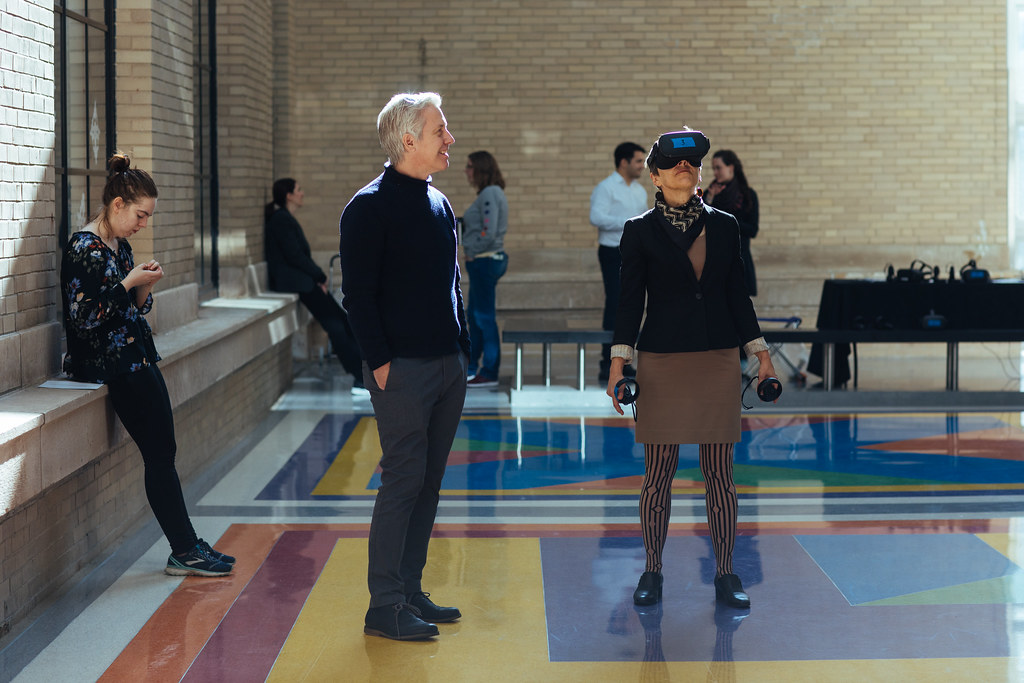

The sense of detachment that comes with feeling invisible can have mental consequences and lead people to make questionable choices in order to feel visible and gain acceptance from others. Experiences similar to Brian’s occur most in marginalized groups that feel neglected or invisible within the society, such as the elderly, orphans, and people experiencing homelessness. Throughout the book, Brian’s appearance becomes more colorful as he makes friends and feels less invisible to those around him. This leads to a friendship that makes Brian feel more visible and confident in himself. When other kids make fun of the new student Justin, Brian empathizes with him and decides to befriend Justin through a drawing. Brian feels invisible to his classmates and teacher, and turns to colorful drawings as a way to make himself feel better. Trudy Ludwig’s book The Invisible Boy is a touching story that poses moral questions about appearance, belonging, and friendship.

Read aloud video by Alex Green 1st Grade Guidelines for Philosophical Discussion But when a new student joins his class, he learns that friendship starts with a small act of kindness, and that can make you feel a little less invisible. He isn’t picked for kickball, doesn’t get invited to a birthday party, and struggles to find a partner for a group project. The Invisible Boy is a story about Brian, who feels like he is never noticed by the other students in his class. Through deeply compassionate storytelling rooted in the lives and resistance of survivors, Invisible Institutions refuses attempts to whitewash the profound violence of institutions and makes an extraordinarily convincing case for deinstitutionalization that should be seriously considered by everyone.Questions for Philosophical Discussion » Summary This story raises questions about appearance, belonging, and friendship through the eyes of a young boy. “Invisible Institutions is a stunning podcasting and research achievement that meticulously details the ongoing horrors of institutionalization in Canada while offering a powerful vision for an alternative future.

Yona Lunsky, director of the Azrieli Adult Neurodevelopmental Centre, Senior Scientist in the Adult Neurodevelopment at CAMH. I believe it can make us better health care providers and community members.”ĭr. As we enter an era where we are recognizing the necessity of coming to terms with many ugly truths about how we have othered people, we need to include this learning about people labeled with intellectual disabilities institutionalized then and now in various ways here in Canada. This podcast is a must for anyone who works in health and social care. I needed the reminder, I needed to hear the voices of people then and now, to propel me to take further action to make changes and support healing. I “knew” these facts before, as someone who has worked in this field for over twenty years, but in some ways I did not feel these facts before.

“The truth is, I can’t stop thinking about the podcast Invisible Institutions. Sarah Jama, community organizer and co-founder of the Disability Justice Network of Ontario If you want to learn more about what ableism on stolen land looks like, outside of the neoliberal based conversations that centre an unattainable sense of “equality”, you must listen to this podcast. It’s bitter sweet that the labour going into creating this podcast has been done so by the very people harmed by the institutions that are being discussed, so don’t let this labour be wasted. Governments of all jurisdictions in so called Canada continue to try and bury the deep harms and the violence perpetuated by the state through these publicly funded institutions. The contents of this podcast belong in our public school systems and in our medical schools. “This podcast is an essential listen for folks who want to understand what structural ableism in our society has and continues to look like.


 0 kommentar(er)
0 kommentar(er)
